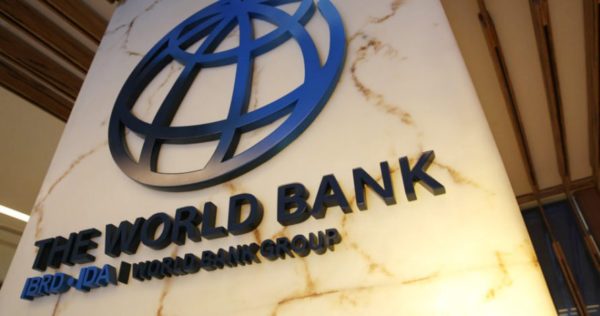
World Bank Approves $65m Loan for Nigeria’s Procurement Reform
The World Bank has approved an additional $65m credit facility for Nigeria under the Sustainable Procurement, Environmental, and Social Standards Enhancement project.
This additional financing brings the total project financing to $145m. According to official records from the Washington-based lender, the approval was granted on June 24, 2025, ahead of the earlier projected timeline of June 30, 2025.
The project status has since been updated to “active”, with the World Bank confirming that it has reached the “Bank Approved” stage.
The SPESSE project, which commenced in 2021 following an initial $80m loan approved in February 2020, is aimed at strengthening Nigeria’s procurement systems and enhancing compliance with environmental and social standards across the public and private sectors.
The newly approved funds will be channelled towards scaling up key interventions, including the implementation of the Electronic Government Procurement (e-GP) system. The platform is expected to enhance transparency, reduce procurement delays, and promote more efficient use of public funds.
On the additional financing, a document obtained from the bank read, “The AF will maintain the PDO of the parent project without any change. The project development objective is to develop sustainable capacity in managing procurement, environment, and social standards in the public and private sectors.”
In addition, the new financing will support certification programmes to professionalise Nigeria’s procurement workforce. Over 33,000 individuals have already been trained under the project, but government assessments indicate that more than 25,000 public officials still require training.
The SPESSE initiative has been lauded for its role in reducing inefficiencies and corruption in public procurement, while also promoting inclusive procurement that benefits small and medium-sized enterprises, including women-led businesses.
While the parent project is scheduled to close on June 30 2026, the additional financing is expected to remain active until June 30, 2029, according to the World Bank.
“The parent credit will be closed on June 30, 2026, without any extension; however, the AF is proposed to be closed on June 30, 2029,” the World Bank document noted.
The project continues to serve as a key component in Nigeria’s public sector reform agenda, especially as the country faces fiscal constraints and seeks to improve service delivery through institutional capacity building.
Data from the Debt Management Office showed that Nigeria’s total debt to the World Bank rose to $18.23bn by March 2025, comprising $16.99bn from the International Development Association and $1.24bn from the International Bank for Reconstruction and Development.
SOURCE: The PUNCH
